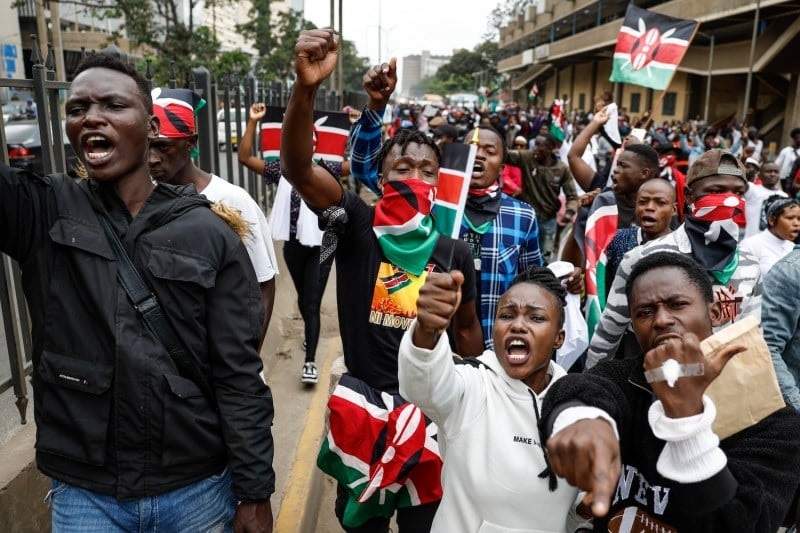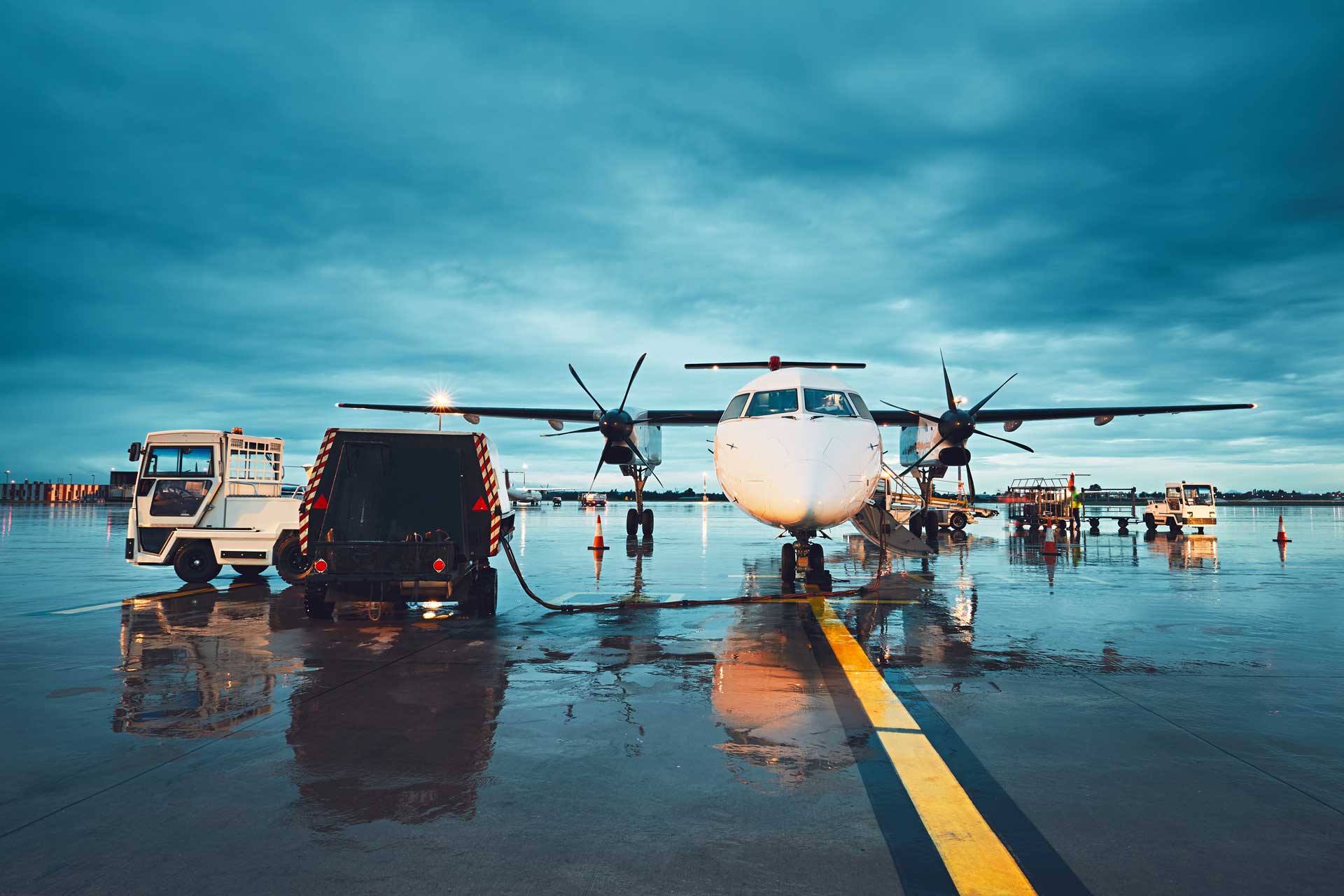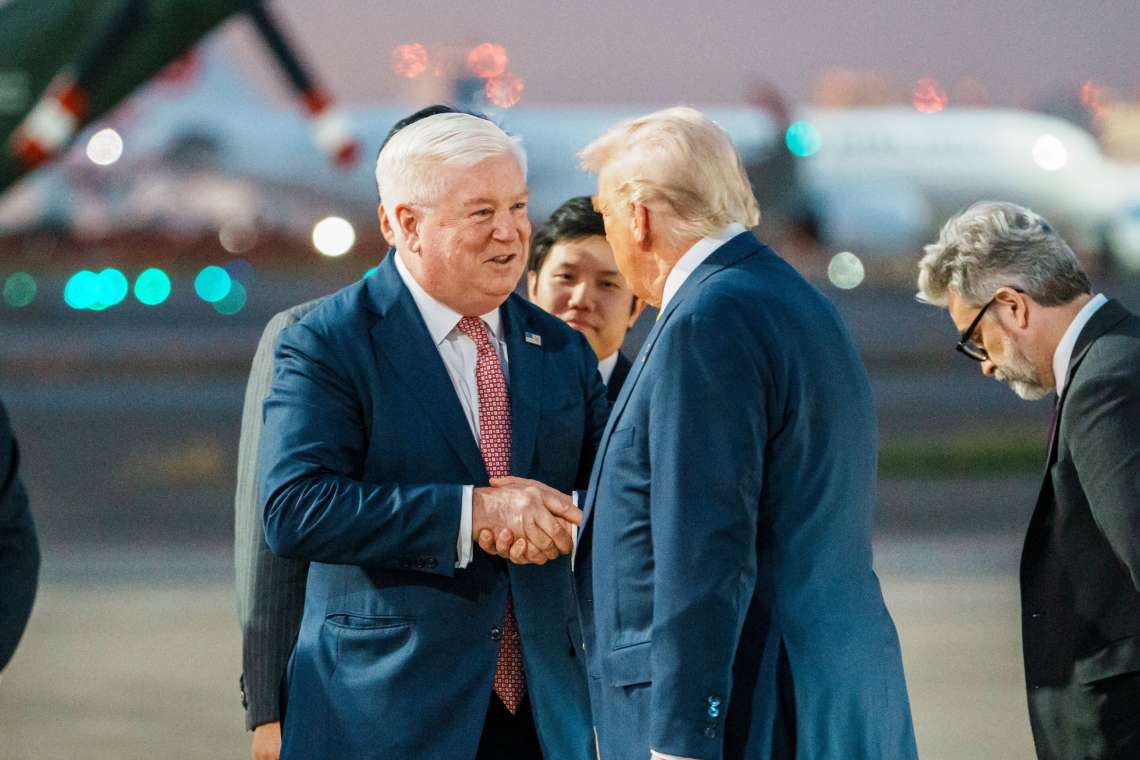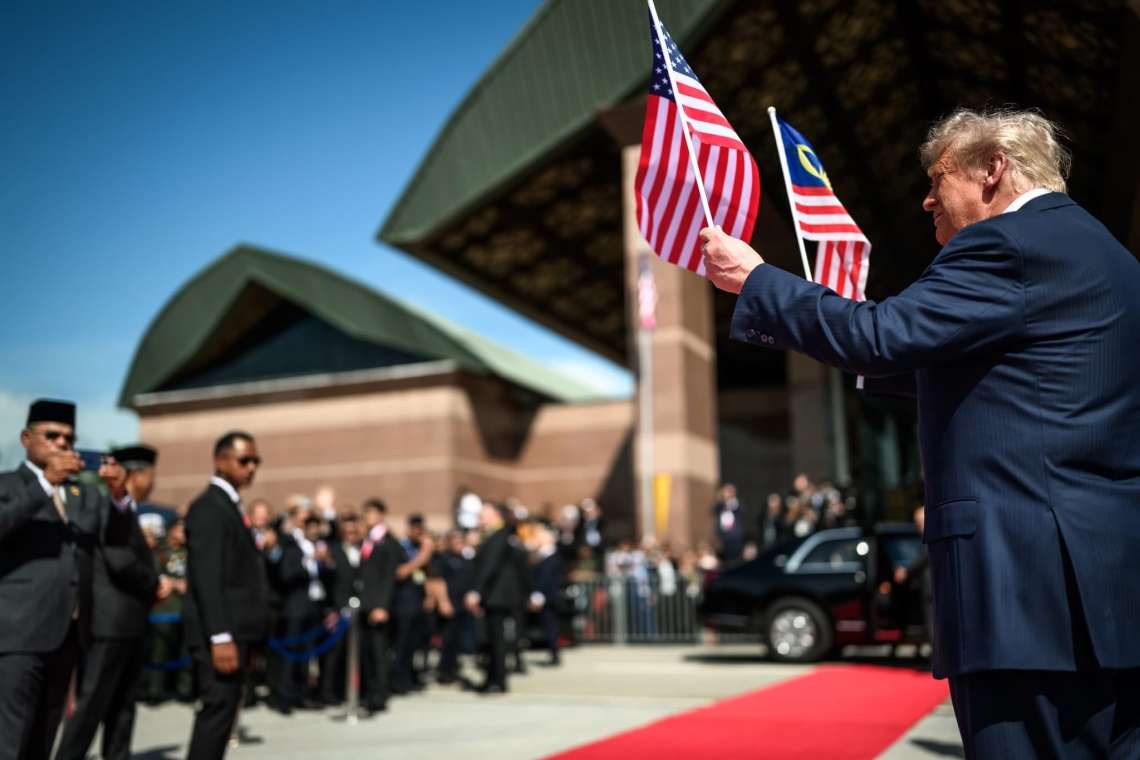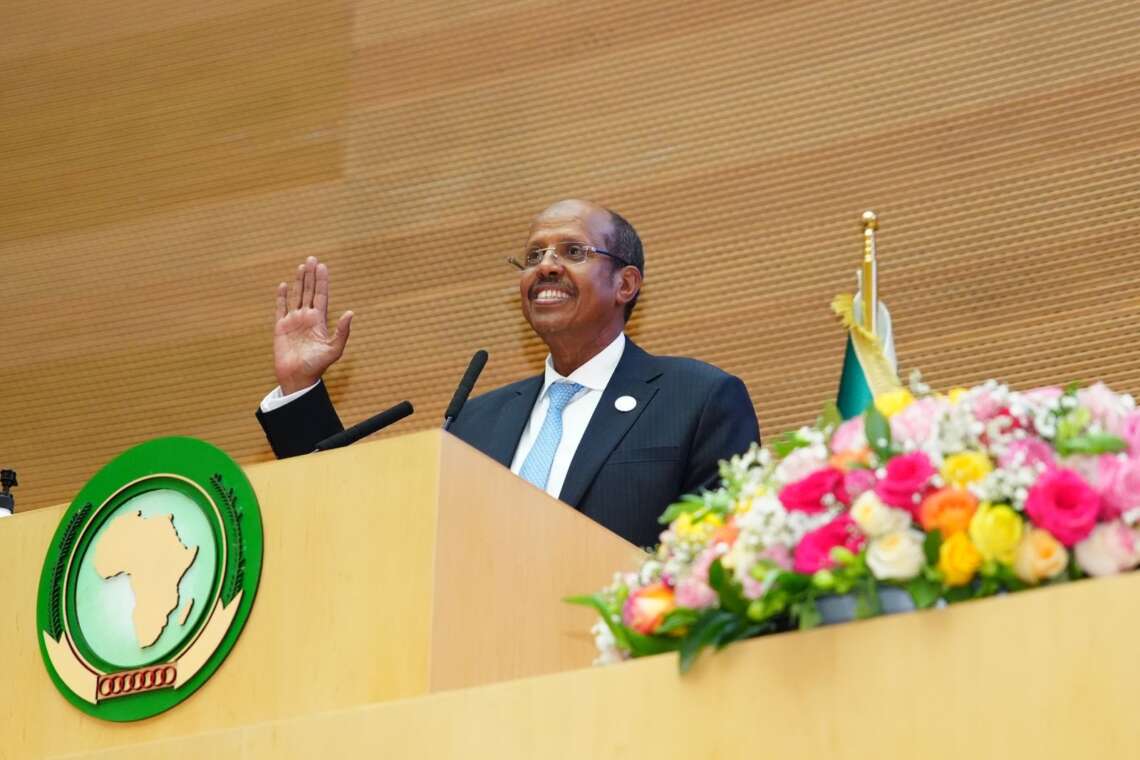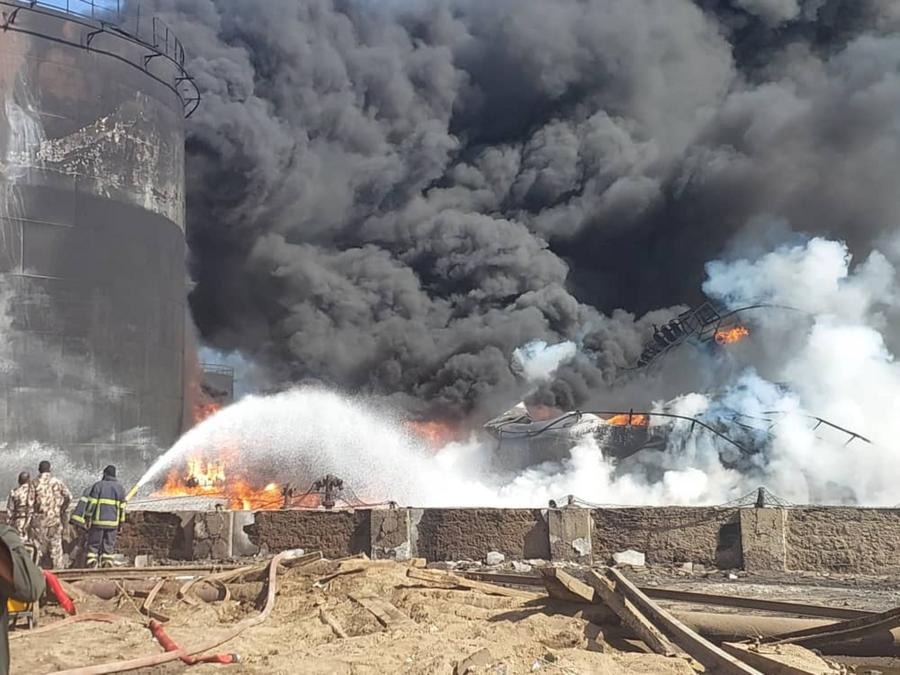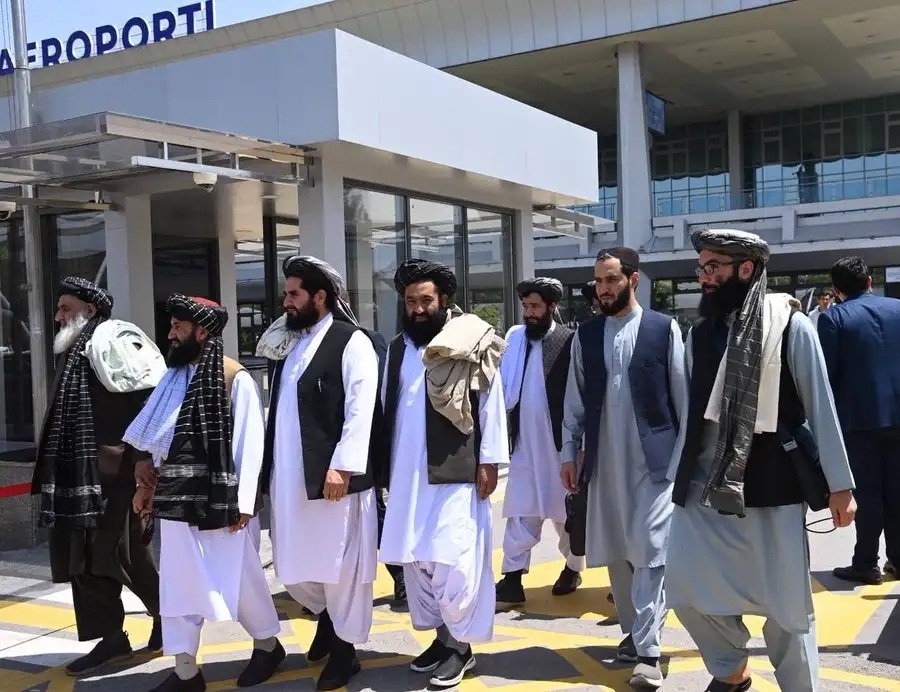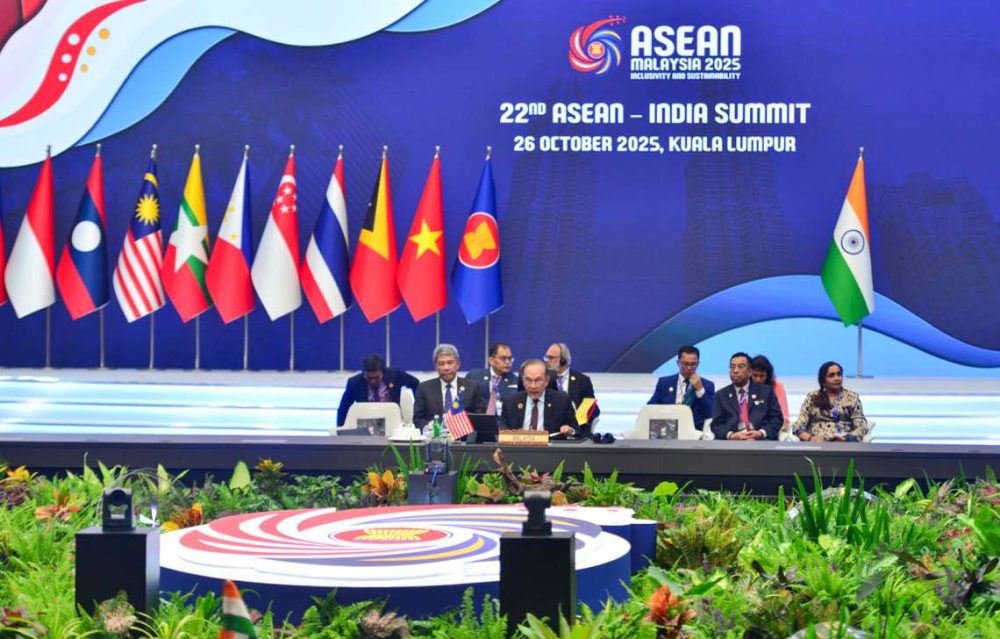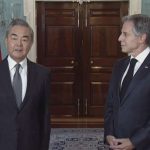The US invested over $600 mn in health assistance in Nigeria in 2023 alone, according to the US Embassy in Nigeria, mostly to support efforts to prevent malaria, end HIV and deliver vaccines
Nigerian lawmakers have approved an additional $200 million for the health sector as part of its 2025 spending plan to offset the shortfall from US aid cuts.
Nigeria, Africa’s most populous country with more than 200 million people, was among the top ten recipients of aid from the U.S. Agency for International Development in 2023. USAID’s funding has been frozen for 90 days by the Trump administration.
The Nigerian senate appropriations chair Adeola Olamilekan said during the parliament’s budget session on Thursday that the country could suffer “adverse effects” from the U.S. foreign aid cuts, especially affecting disease control efforts.
The $200 million spending plan, part of the $36.6 billion federal budget, will “fill the gap created by the US Government’s suspension of intervention to the health sector,” according to the bill approved on Thursday. Much of the money is intended to supply vaccines and treatment for epidemic diseases.
The US invested over $600 million in health assistance in Nigeria in 2023 alone, according to the US Embassy in Nigeria, mostly to support efforts to prevent malaria, end HIV and deliver vaccines.
The funding freeze from the U.S. could also affect the country on other fronts, including humanitarian assistance in the northeast where Islamic extremists have waged an insurgency against the government since 2009, resulting in a deadly war that has spilled over to Nigeria’s northern neighbors Chad, Niger and Cameroon.
USAID, for instance, partnered with the U.N. migration agency in Nigeria in its Rapid Response Fund project that addresses emergencies such as shelter, sanitation and protection in the conflict-hit region.
Nigeria Slams Canada
Nigerian government officials have lashed out at Canada for denying visas to a number of senior military officials, including the country’s highest-ranking military official.
Christopher Musa, the Chief of Defence Staff, said the delegation had been scheduled to attend an event honouring Nigeria’s wounded army veterans.
“Half of my team… they’ve already gone,” Musa said at an event in the capital city of Abuja Thursday. But the Canadian embassy, “for the knowledge best known to them, denied us visa”, he added.
Canada’s embassy in Nigeria said on its X account that it was aware of the matter but declined to comment further, citing “privacy reasons”.
Musa did not specify when the visas were denied, but Canada announced on Wednesday that it had introduced additional regulations empowering its officials to “cancel temporary resident documents”.
The measure is aimed at bolstering the country’s border security and ensuring the integrity of its visa programmes.
Gas Exports to Europe
According to Nigeria’s Business Daily, the deals between the three countries followed months of negotiations, they would involve energy companies from all three, and an updated feasibility study.
The Trans-Saharan Gas Pipeline will stretch 4,400 km to bring natural gas from Nigeria’s fields via the Republic of Niger and Algeria to Europe’s gas network.
Europe is still struggling to find a cost-effective replacement for Russian pipeline gas but without much success, as suggested by signals from Germany some politicians would not mind restoring gas flows along the Russian pipes.
“The TSGP represents a strategic initiative designed to establish a continental pipeline for transporting natural gas from Nigeria, through Niger, to Algeria, facilitating exports to European markets and other international destinations,” a statement by the social media assistant to the Nigerian president read.
Europe has been grappling with soaring electricity prices on the back of higher gas prices, driven there by peak seasonal demand and seasonally low wind power output. To cope with the situation, European energy buyers have been paying premiums for LNG cargos, including at least one rare shipment of LNG from Australia, which normally supplies the Asia market for geographical and cost-related reasons.
Africa has for a while been considered an alternative source of long-term gas supply for Europe but that would need substantial upfront investments in infrastructure, such as the Trans-Saharan Gas Pipeline. Europe is in an awkward position about these because of its stated goal to wean itself off all and any hydrocarbons in a matter of years. What makes the position even more awkward is the EU’s pressure on African nations to go straight to wind and solar without reaping all the benefits of oil, coal, and gas that Europe itself reaped during its industrial period.
ALSO READ: Youssouf elected to head African Union Commission
ALSO READ: Hariri Mulls Political Comeback


